Discover Protein Production Technology Podcast
Protein Production Technology Podcast

116 Episodes
Reverse
In this episode of the PPTI Podcast, experts from research, biotechnology, and food innovation discussed how systems thinking could help reshape the future of nutrition. The panel included Annick Verween of VIB; Ali Osman, Diana Oliveira, and Harry Barraza of PfX Biotech; Amy Williams of The Good Food Institute Europe; Filipa Soares of Cell4Food; and David Laubner of Sennos.The conversation explored the role of precision fermentation, the importance of shared standards and metrics, and how digital and sensor technologies are improving production efficiency. Panelists also discussed the potential of bioactive ingredients and the need for closer collaboration across science, technology, regulation, and markets to support scalable, sustainable food systems.Powered by Protein Production Technology International
In this episode of the PPTI Podcast, Dr Muyiwa Akintoye, Chief Product Officer at Planetary, discussed the opportunities and challenges involved in developing mycoprotein-based foods. He explained the need to balance nutrition with taste and texture, outlining how growth conditions, strain selection, and fermentation control influence flavor development.Dr Akintoye also addressed strategies for reducing off-notes, the impact of clean-label expectations, and lessons drawn from the evolution of plant-based and dairy alternatives. He explored the structural properties of mycoproteins, including fiber alignment and downstream processing, and how these factors contribute to the fibrous texture and bite associated with animal protein.Throughout the conversation, he emphasized the role of ingredient design and process optimization in ensuring mycoprotein products meet consumer expectations for quality, taste, and sustainability.Powered by Protein Production Technology International
In this episode of the PPTI Podcast, Sonia Huppert, Global Innovation Marketing Leader at IFF, discussed how the company was redefining sensory experiences for alternative proteins. She outlined how IFF combined consumer insights, AI, and advanced taste modulation technologies to optimize flavor, texture, and mouthfeel across plant-based, fermentation-derived, and cell-based proteins.Huppert also addressed the ongoing challenge of replicating juiciness, succulence, and authentic flavor, and explained why multi-sensory experiences were critical to consumer acceptance. She highlighted how emerging innovations were supporting the development of high-protein products that delivered on taste, health, and enjoyment.Powered by Protein Production Technology International
In this episode of the PPTI Podcast, experts from intellectual property, biotechnology, and investment examined how companies in alternative proteins can navigate the patent landscape as the sector matures. The discussion featured Gilbert Verschelling, CTO of The Protein Brewery; Tim Fronzek, Co-founder and CEO of Nosh.bio; Casey Lippmeier, CTO of Checkerspot; Andrew Tindall and Kerry Rees of HGF; and Andrew D Ive, Founder and Managing General Partner at Big Idea Ventures.The conversation explored why intellectual property has become central to securing investment, forming partnerships, and protecting competitive advantage. Panelists discussed what types of innovations can and cannot be patented, the role of robust data in supporting claims around taste and texture, and how companies balance patents with trade secrets.The episode also addressed the commercial value of process patents, strategies for navigating prior art, and why establishing a clear IP strategy early is critical for startups operating across fermentation, alternative proteins, and food biotechnology.Powered by Protein Production Technology International
In this episode of the PPTI Podcast, the conversation focuses on how to make plant proteins work for both real food and real consumers. Host Nick Bradley is joined by experts from Happy Plant Protein, VTT, Bühler, and Planted to explore how innovation, functionality, and consumer expectations intersect in the next phase of plant-based development.The panel discusses how cost-effective processes and simplified formulations can reduce complexity without compromising nutritional or sensory quality. They examine consumer priorities – from taste and affordability to clean-label appeal – and highlight the importance of diverse ingredient strategies in building a more sustainable food system.By comparing different approaches to protein functionality, from solubility to texture, the speakers underline the value of collaboration between technology developers, ingredient producers, and food brands. The discussion offers a 360-degree view of the opportunities and challenges in scaling plant-based proteins for mainstream adoption.
In this episode of the PPTI Podcast, Nick speaks with Justin Kolbeck, Co-founder and CEO of Wildtype, a pioneer in cultivated seafood. Justin shares the story behind bringing sushi-grade salmon from the lab to restaurant tables, revealing the technical challenges of working with seafood cells and the opportunities cultivated foods create for purity, safety, and sustainability.He explains why Wildtype chose to start with food service partners, allowing chefs and diners to experience the product firsthand and build trust through authentic storytelling. Justin also reflects on the significance of Wildtype becoming the first company to receive FDA clearance for cultivated seafood, the evolving landscape of consumer perceptions, and how early adopters are driven by food safety, transparency, and the desire to protect ocean resources.The conversation offers an honest look at what it takes to launch a new category of food – and how cultivated seafood could help shape a more sustainable future for global protein.
In this episode of the PPTI Podcast, Silvia Soragni, Category Manager for Savory Ingredients at Lallemand Bio-Ingredients, shares her journey from sales to leading global strategy and innovation. She explains how yeast-based proteins stand out as both nutritional and functional ingredients, offering a neutral taste and clean-label appeal compared with many other alternatives.Silvia highlights their remarkable stability under demanding processing conditions and their complete amino acid profile, which makes them a valuable source of high-quality protein. She also explores a wide range of applications – from hybrid dairy and protein beverages to cheese alternatives and even sweet formulations – demonstrating how yeast proteins can elevate nutrition without compromising taste or texture.The discussion underscores Lallemand’s broader commitment to leveraging its fermentation and yeast expertise to deliver the next generation of sustainable, functional food solutions.
In this episode of the PPTI Podcast, Nick speaks with Stéphane MacMillan, CEO and Co-founder of Verley – a company redefining how dairy proteins are made. Unlike consumer-facing brands, Verley operates as a B2B ingredient supplier, using precision fermentation to produce highly pure beta-lactoglobulin.Stéphane explains why Verley avoids the 'alternative protein' label, emphasizing that its proteins are identical to those found in cow’s milk – only the production method differs. He introduces the FermWhey™ range, including FermWhey™ Native 100 with 98% purity, offering exceptional solubility, nutritional value, and versatility across applications from protein shots and bars to yogurts and even tea.The conversation explores sustainability, regional regulatory timelines, and how precision fermentation can help meet rising global demand for dairy protein without the environmental constraints of traditional production. Stéphane also shares his perspective on where functional proteins fit within the broader protein ecosystem – and how they can unlock new innovation across the food and beverage industry.
In this episode of the PPTI Podcast, Doug Grant, Co-founder and CEO of Atlantic Fish Company, explains how cultivated seafood can become a vital 'third pillar' of seafood production – complementing wild-caught and aquaculture systems. He outlines why seafood deserves its own focus, citing overfishing, the United States’ heavy reliance on imports, and the inherent limitations of fish farming.Doug highlights the importance of non-dilutive funding, such as federal grants, in supporting innovation and building credibility during the current investment downturn. He also explores the potential of cultivated seafood to deliver clean, safe, and sustainable products – free from mercury, antibiotics, and microplastics – while easing pressure on marine ecosystems.The discussion covers the pathways to scale, from premium dining to mainstream adoption, and identifies regulatory approval, cost reduction, and consistent product quality as critical milestones. Ultimately, Doug frames cultivated seafood as a complementary solution that can enhance food security, protect biodiversity, and strengthen resilience in the global food system.
In this episode of the PPTI Podcast, Eshchar Ben Shitrit, CEO of Redefine Meat, shares his perspective on transforming the future of meat. He reflects on the company’s journey from bold vision to rapid growth, explaining how innovation, collaboration, and consumer engagement are driving progress across the alternative protein sector.Eshchar emphasizes the importance of creating products that satisfy chefs, retailers, and diners alike – delivering on taste and experience while addressing the challenges of sustainability and scale. He also discusses the lessons learned from building momentum in a fast-moving industry, and how redefining meat is ultimately about more than technology – it’s about changing perceptions of what people choose to eat.
In this episode of the PPTI Podcast, Sebastian Rakers, co-founder and CEO of Bluu Seafood, shares his journey from marine biologist to cultivated seafood pioneer. He discusses the company’s mission to make high-quality fish proteins such as salmon and trout the new normal – and its exploration of premium products like cultivated caviar.Sebastian highlights the mounting environmental pressures on global fisheries and explains how cell-cultivated seafood offers clear advantages in safety, nutrition, and localized production, with potential applications that extend beyond food. He also reflects on the path toward regulatory approval, the realities of scaling, and how cultivated seafood can help secure ocean-friendly protein for generations to come.
In this episode of the PPTI Podcast, Thijs Bosch, recently appointed CEO of The Protein Brewery, discusses the company’s milestone €30 million Series B funding round and its vision for the future of fungi-based proteins. He explains how his background in specialty proteins and scale-up ventures is helping drive commercialization and global expansion.Thijs highlights the unique advantages of The Protein Brewery’s proprietary fungal strain, which enables efficient, lower-capex fermentation under non-sterile conditions – making scaling and partnerships more attainable. He shares progress from pilot to demonstration-scale production, details on regulatory pathways in the USA, Singapore, and Europe, and the importance of building both technical and commercial capabilities to support growth.The conversation explores how the company’s ingredient delivers complete protein, fiber, and micronutrients in a neutral-tasting, odorless form suited for a wide range of applications. Thijs emphasizes that long-term success will depend on disciplined scaling, smart market entry, and balancing investor expectations with lasting impact across sustainable food systems.
In this episode of the PPTI Podcast, host Nick speaks with Chris Bryant, Executive Director of Bryant Research and Research Adviser for the Alternative Proteins Association in the UK. Together, they unpack evidence-based insights on alternative proteins and the broad benefits of reducing reliance on industrial animal agriculture – from environmental and ethical gains to public health improvements.Chris addresses the growing impact of misinformation and industry influence on how consumers perceive food and nutrition, particularly the misuse of the term ultraprocessed. He notes that many plant-based alternatives actually offer lower calorie density, reduced saturated fat, higher fiber, and comparable protein quality to conventional meat – and that fortification can further enhance their nutritional value.The conversation also explores the challenges of translating scientific evidence into effective policy, the importance of advocacy-driven research, and strategies for distinguishing independent science from industry-influenced narratives.
In this episode of the PPTI Podcast, host Nick speaks with Roderik Bronkhorst, Head of Corporate Venturing at Cosun. Roderik discusses the company’s Unlock 30 strategy – an ambitious plan to transform the long-established cooperative into a global leader in plant-based and sustainable food ingredients by 2030.He explains how Cosun is balancing its deep agricultural heritage with a forward-looking approach to innovation, focusing on efficiency, diversification, and international collaboration. Roderik highlights the value of partnering with startups to accelerate progress in alternative proteins, sweeteners, and fibers, giving Cosun access to breakthrough technologies and new global opportunities.He also offers insight into the company’s flexible investment model, which prioritizes strategic impact over purely financial returns, and stresses the importance of aligning corporate and startup goals to create meaningful, mutually beneficial partnerships that drive sustainable innovation across the food technology landscape.
In this episode of the PPTI Podcast, Simo Ellilä, CEO of Enifer, discusses the company’s latest milestone — achieving self-affirmed GRAS status for its Pekilo mycoprotein in the USA. He explains how this regulatory step opens the door to early market entry and pilot partnerships while laying the groundwork for full FDA approval.Simo highlights Pekilo’s distinctive shelf-stable format, its versatility across applications from dairy alternatives to breakfast cereals, and its neutral taste profile that helps solve one of the biggest challenges in plant proteins: off-flavors. He also underscores that consumer acceptance ultimately depends on two key factors – taste and price – and shares how Enifer’s heritage technology, sustainability-first mindset, and phased entry through the pet food market are shaping its long-term growth strategy.
In this episode of the PPTI Podcast, leading voices from science, startups, and established food companies explore how biomass-based food systems could help feed a resource-scarce future. The discussion delves into the potential of microalgae, fungi, and microbial fermentation to decouple food production from land, soil, and freshwater, enabling scalable, nutritious alternatives with a lower environmental footprint.Speakers highlight the advantages of whole-cell ingredients, the promise of submerged fermentation as a resilient and versatile platform, and the technical hurdles still to be overcome – from taste and texture to cost and consumer appeal. The conversation also examines how perceptions of ultra-processing, regulatory frameworks, and investment landscapes are shaping the pace of innovation.With insights spanning research, industry, and strategy, the panel emphasizes that microbial and biomass proteins are not just complementary to other approaches – they are essential building blocks for a more resilient and sustainable global food system.
In this episode of the PPTI Podcast, leading voices from across the alternative protein sector explore how functional plant proteins are powering the next wave of food innovation. The conversation examines the growing consumer demand for clean-label, sustainable products that still deliver on taste, texture, and nutrition – and what it takes to get there.From sunflower to pulse proteins, the panel unpacks the science and strategy behind formulating plant-based alternatives that can truly stand shoulder to shoulder with dairy and meat. They discuss the critical role of functionality, processing, and ingredient synergies in enhancing mouthfeel, masking off-flavors, and ensuring product stability without compromise.The experts also highlight how advances in fermentation, formulation, and complementary ingredients such as fibers and pectins are enabling the creation of more indulgent, consumer-ready foods. Throughout the discussion, one message rings clear: collaboration across the value chain is essential to building a resilient, future-proof protein ecosystem.
In this episode of the PPTI Podcast, host Nick speaks with Vincent Krudde, Head of the Alternative Protein Program at Nutreco, about how a company deeply rooted in animal nutrition is helping accelerate the global shift toward sustainable protein production – from plant-based to cultivated and beyond.Vincent unpacks the scale and urgency of the protein challenge, where demand is projected to outpace population growth, and emphasizes the need for regionally diverse, complementary solutions. He discusses the major hurdles facing cultivated proteins – from technological and regulatory barriers to cost and consumer acceptance – and explains how Nutreco’s decades of expertise in feed formulation and large-scale production are being applied to deliver affordable, food-grade cell culture media.By combining scientific insight with industrial know-how, Nutreco aims to bridge the gap between promise and production, driving forward its mission to feed the future sustainably.
In this episode of the PPTI Podcast, industry experts delve into how next-generation downstream processing is reshaping the scalability, efficiency, and sustainability of alternative protein production. What was once a purely technical stage – purification, separation, and drying – has become a strategic lever that defines commercial success.Speakers from leading organizations share how innovations in membrane filtration, resin-based purification, and process optimization are boosting yields, enhancing ingredient functionality, and cutting environmental impact. From improving taste and texture to reducing water and energy use, the panel explores how smarter downstream design is closing the gap between pilot-scale promise and profitable large-scale operations – paving the way for more sustainable and affordable protein ingredients worldwide.
In this episode of Protein Production Technology International, Randi Wahlsten, CEO and co-founder of MATR Foods, discusses the company’s mission to bring “food love” back to plant-based eating through simplicity and clean-label design. She explains why MATR's products rely on just five core ingredients potatoes, red beets, oats, lupins, and split peas combined with fungi fermentation to naturally create meaty textures and umami flavors without protein isolates or heavy processing. The conversation explores the consumer debate around “ultra-processed” foods, the technical challenges of solid-state fermentation, and how MATR’s streamlined one-step production can achieve cost advantages over traditional protein isolation or extrusion methods. Randi emphasizes the importance of delivering delicious, familiar food experiences to drive mainstream adoption, while highlighting how MATR’s approach could reshape both consumer perceptions and supply chains in the plant-based sector.


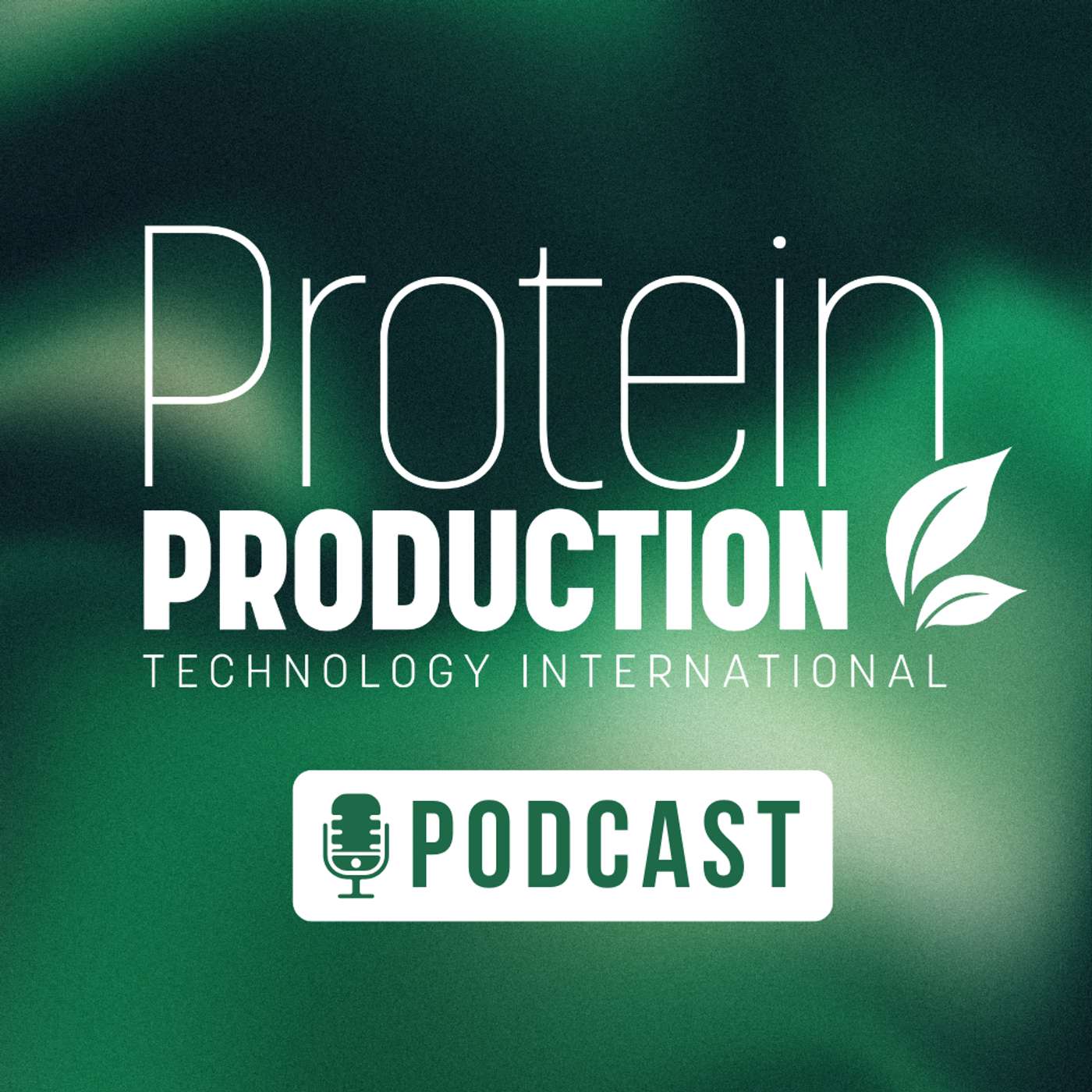
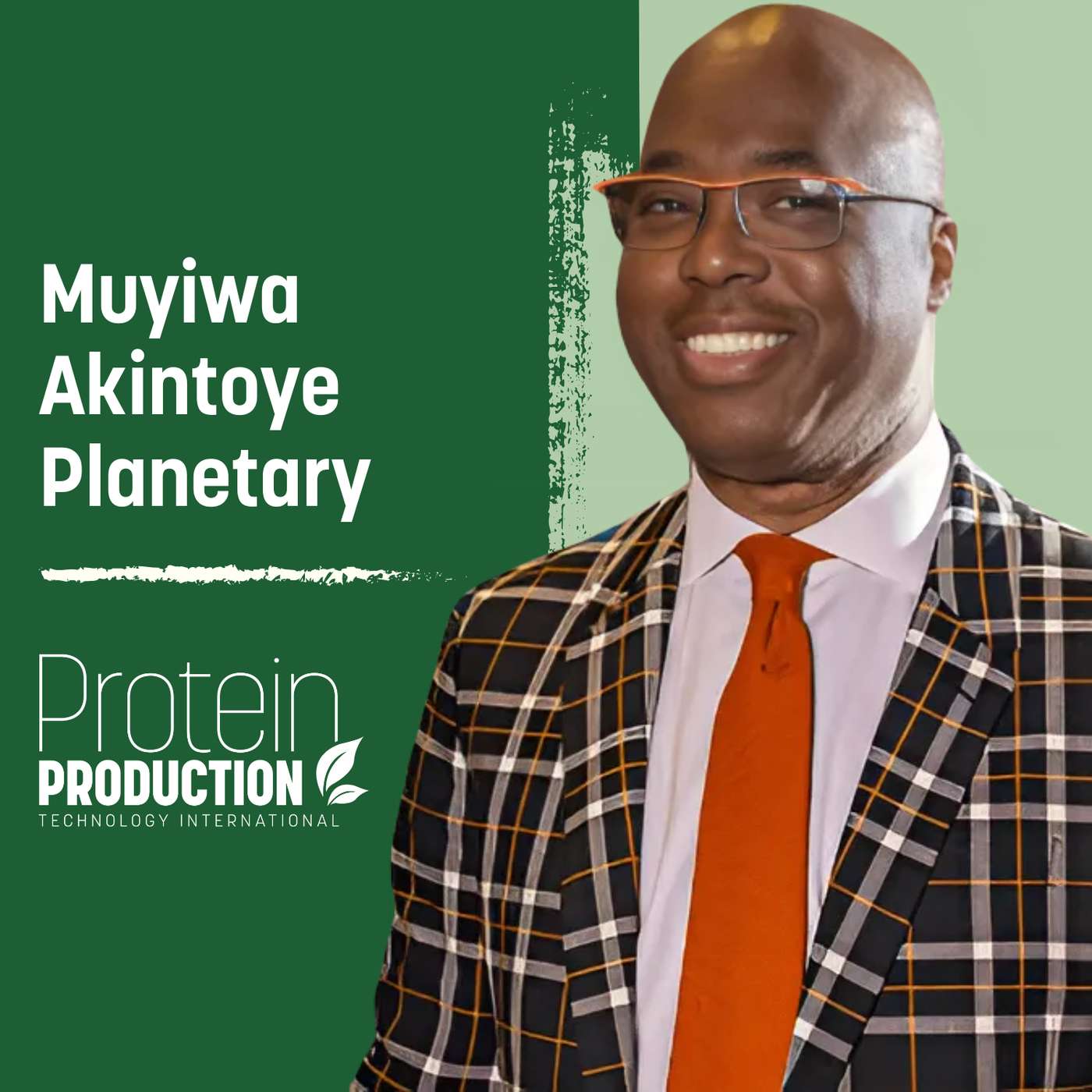
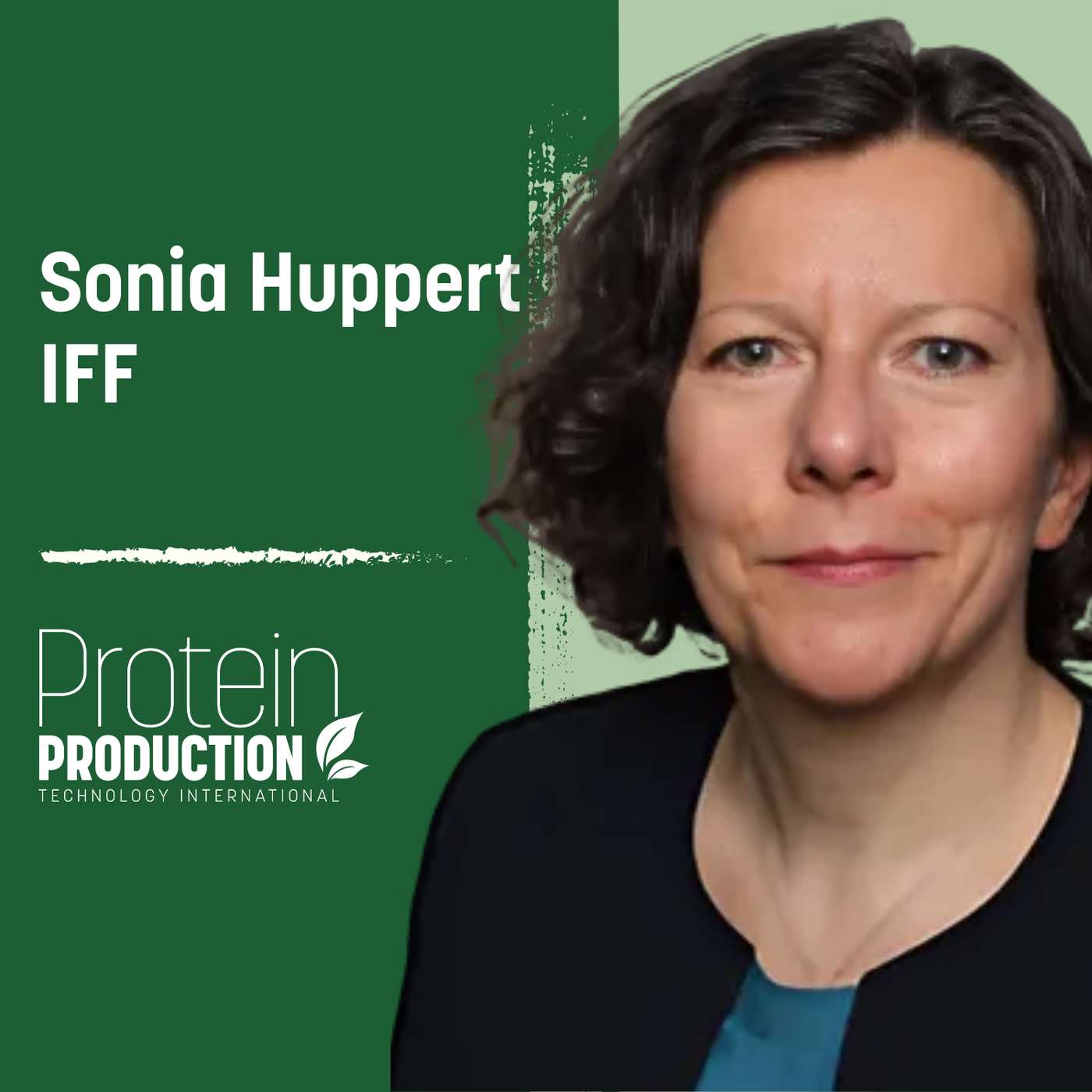
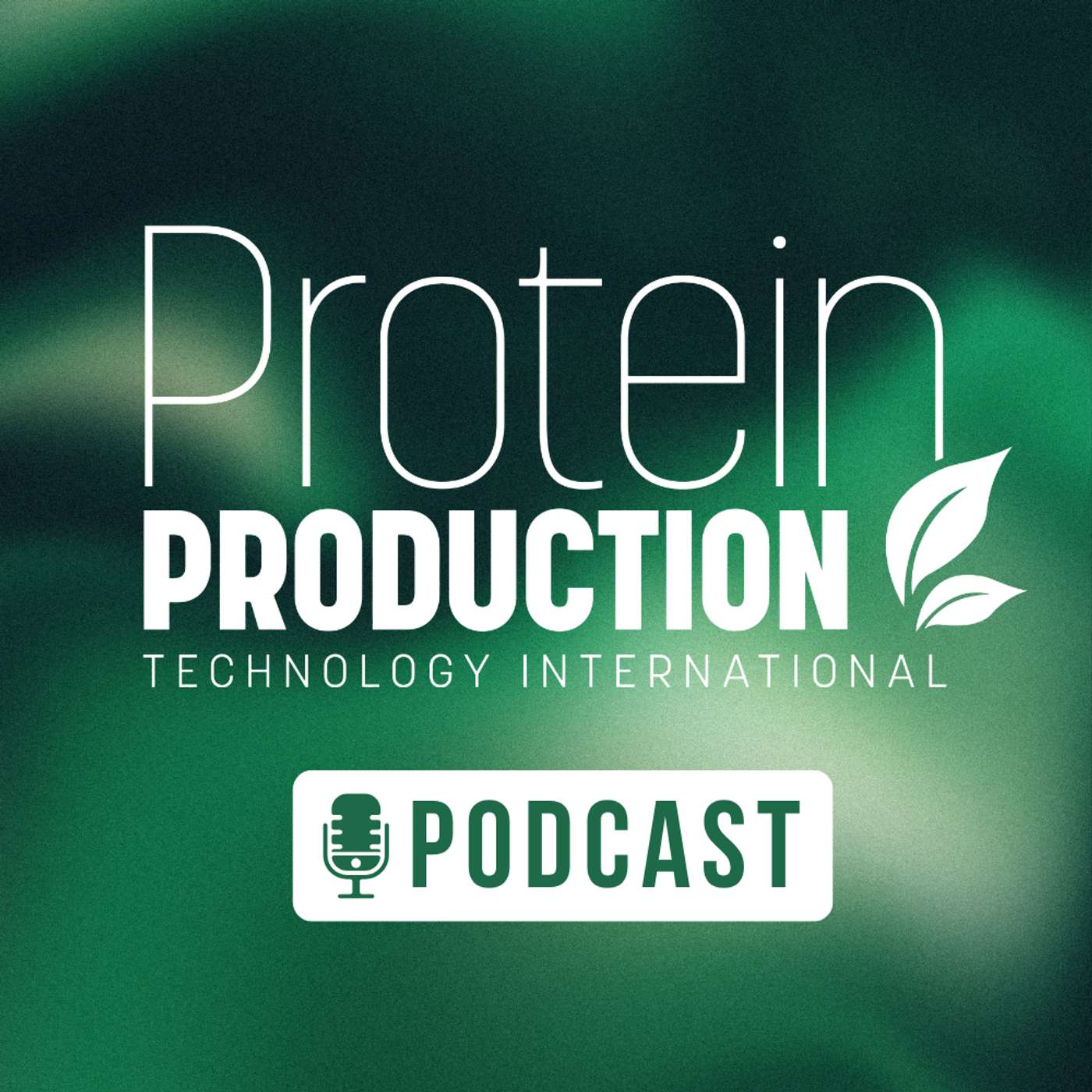
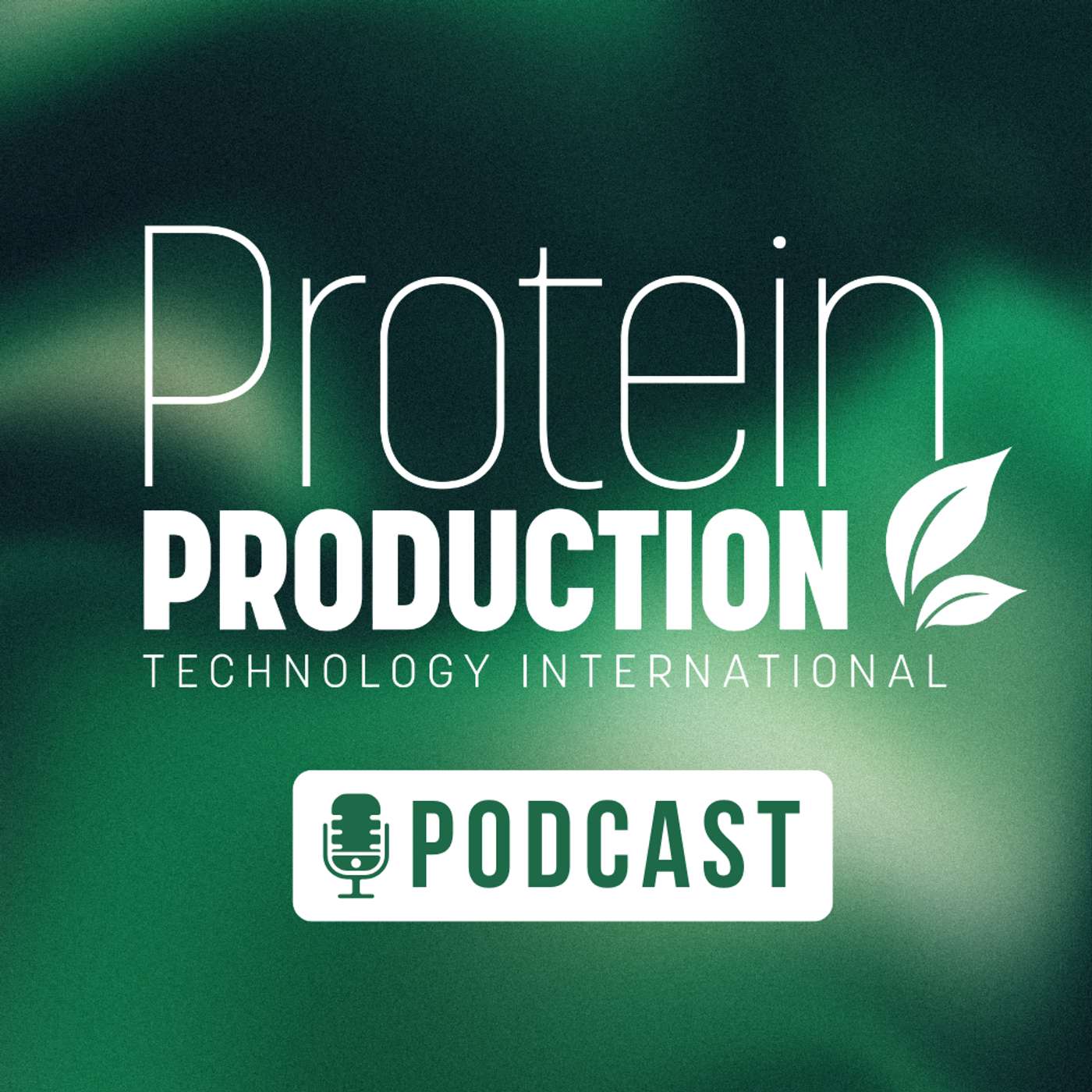
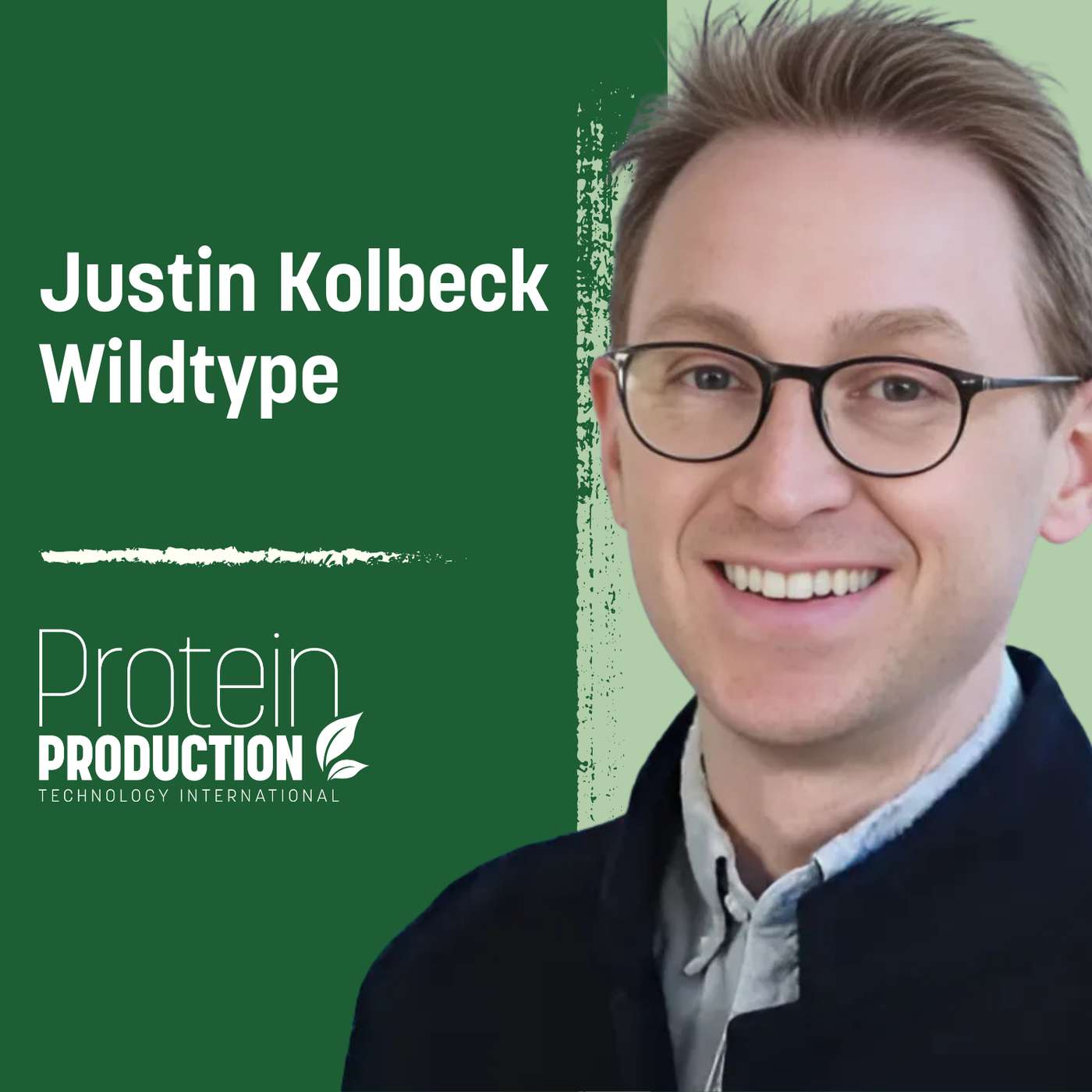
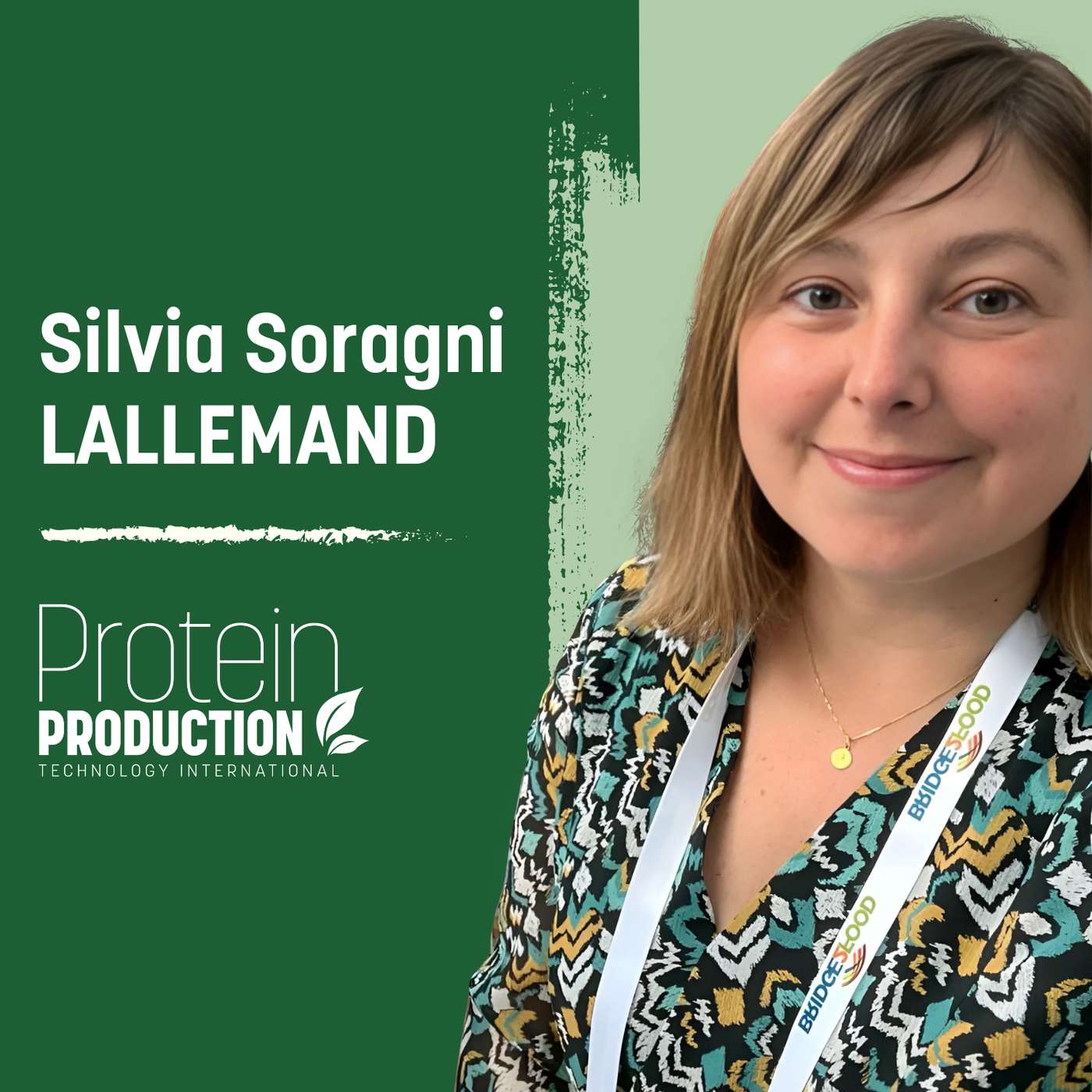
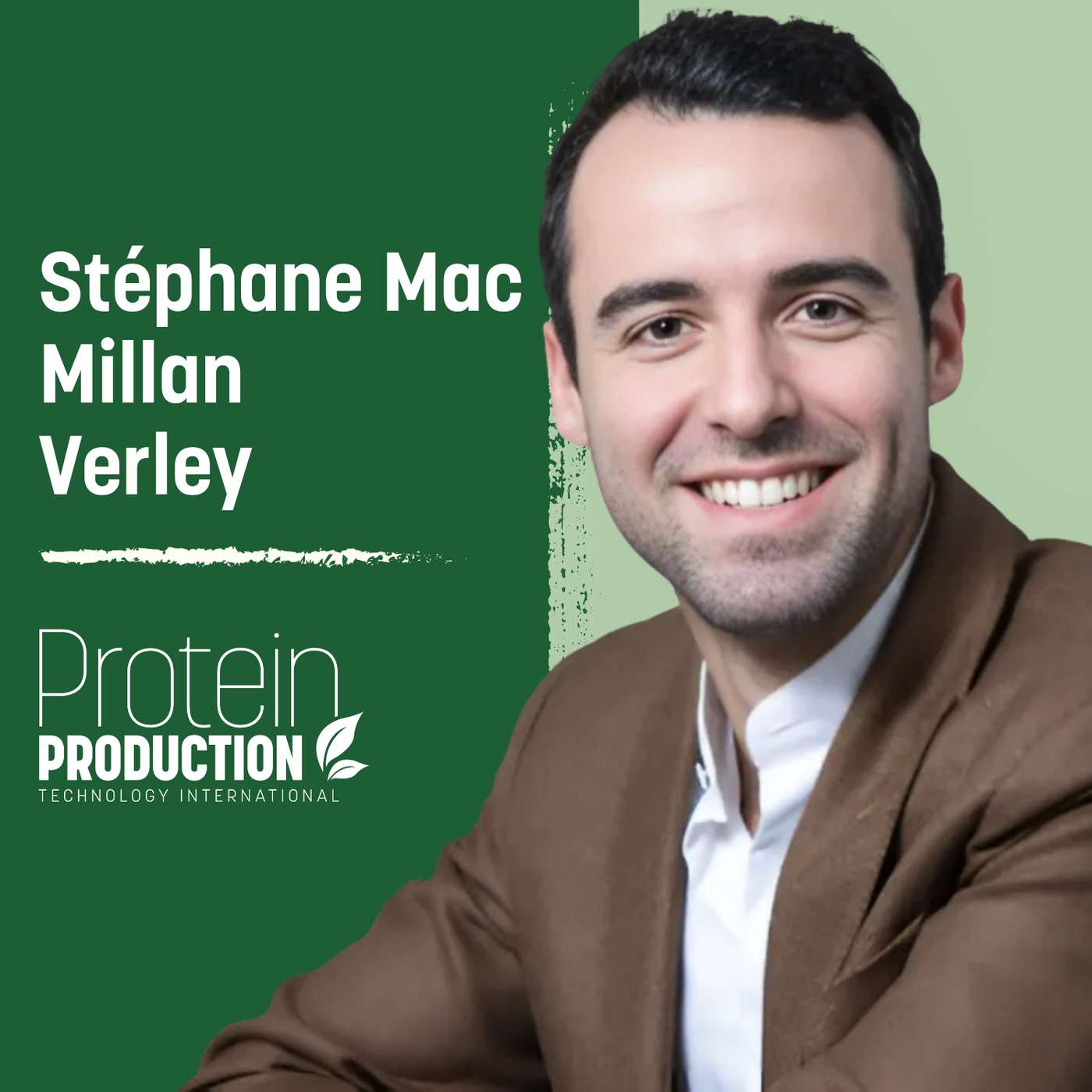
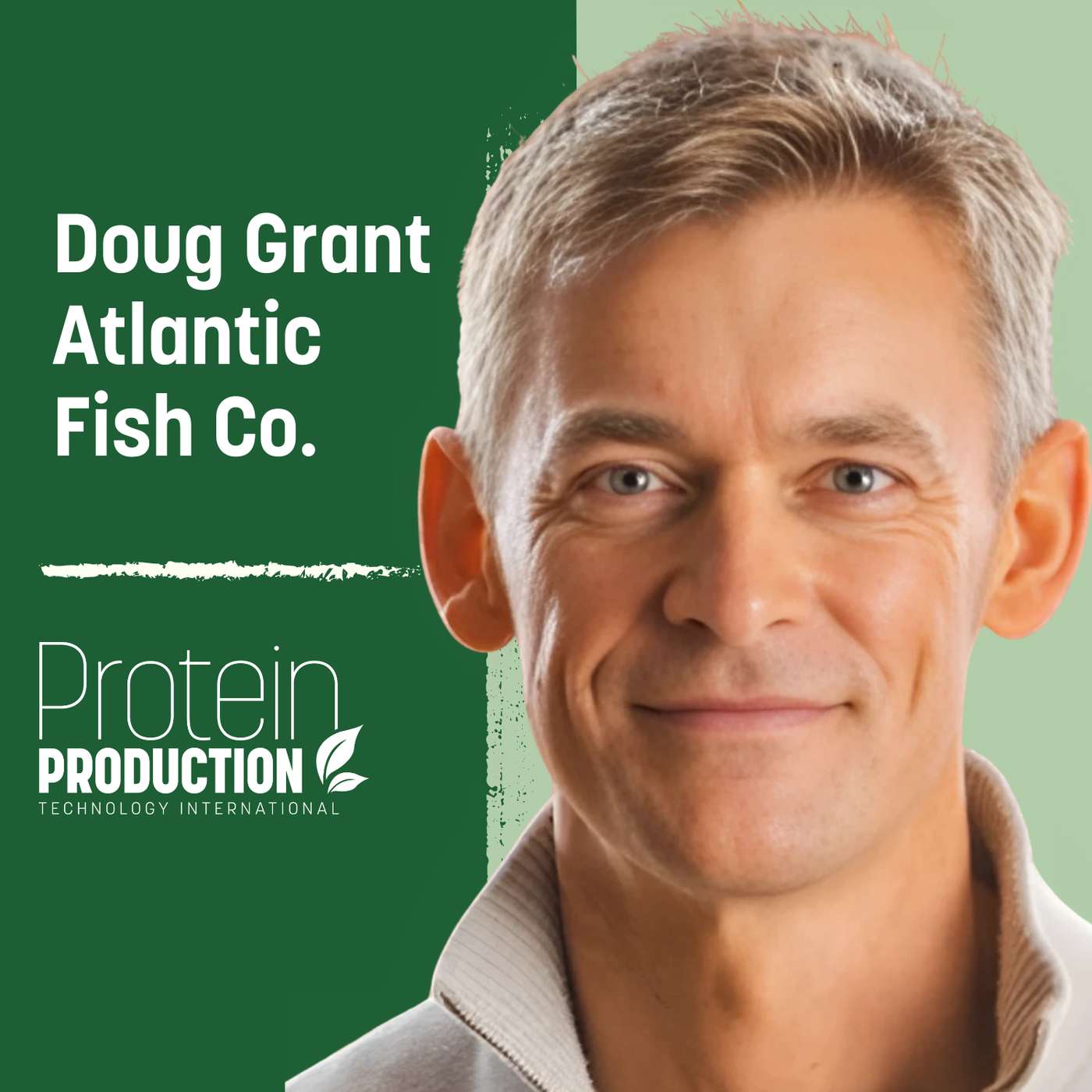
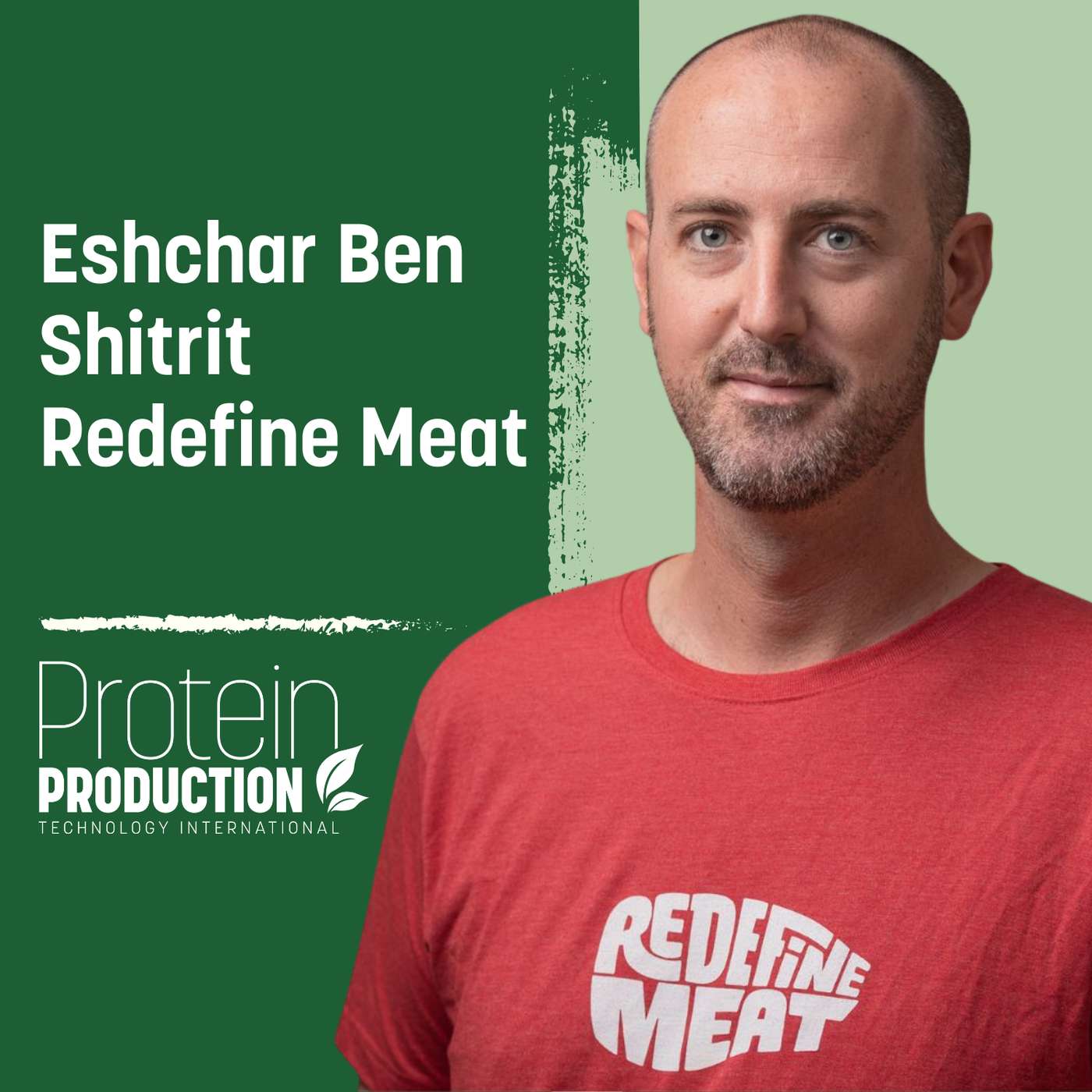
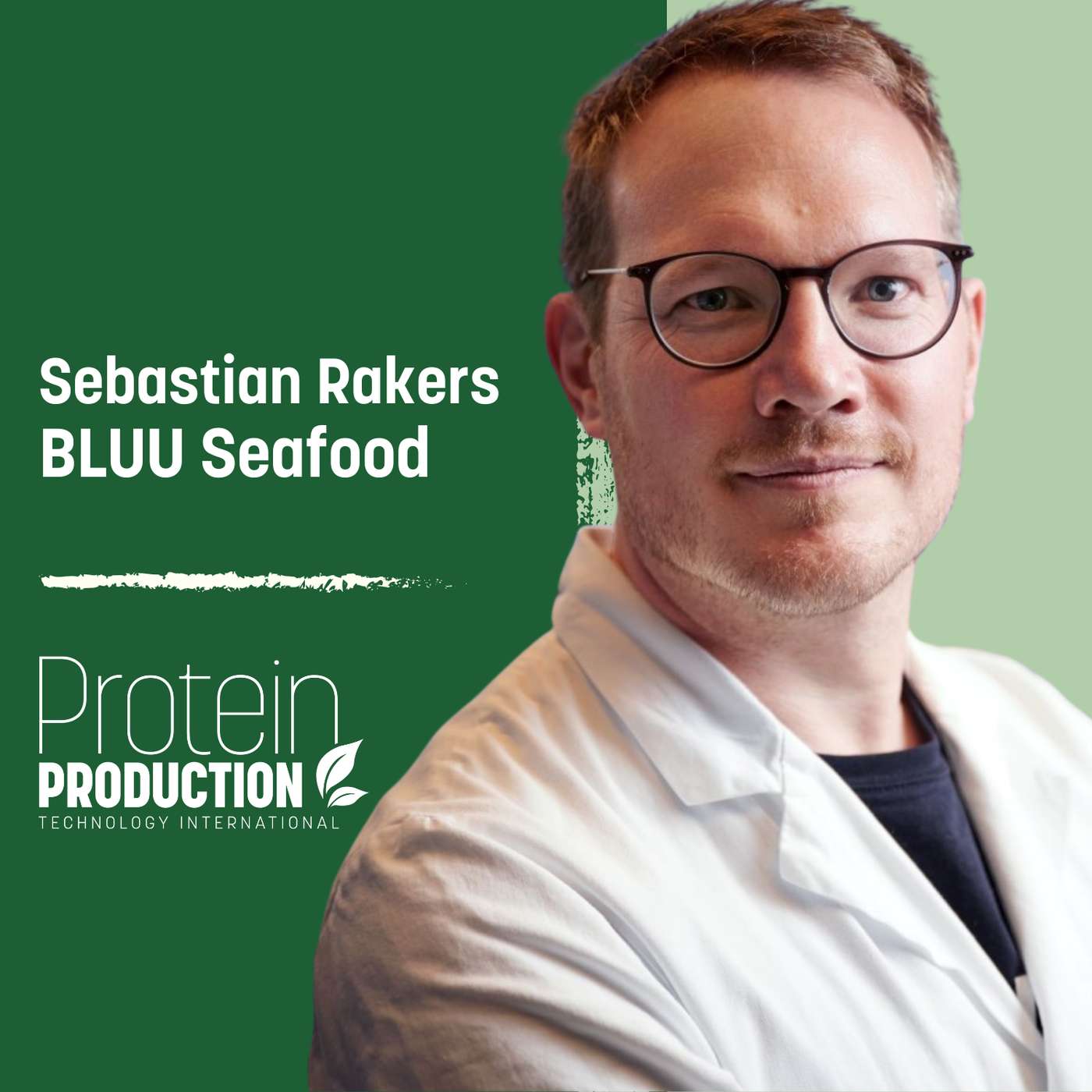
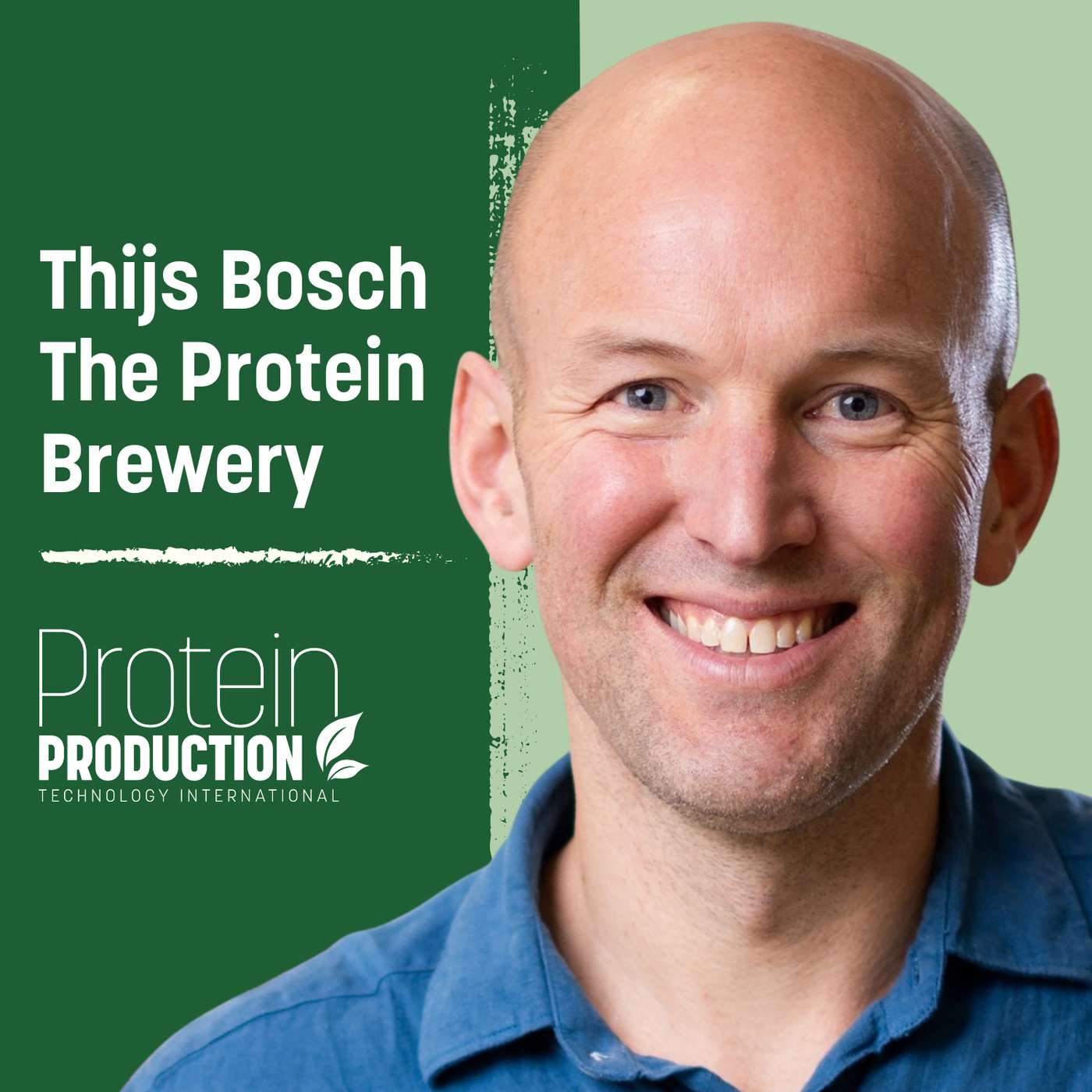
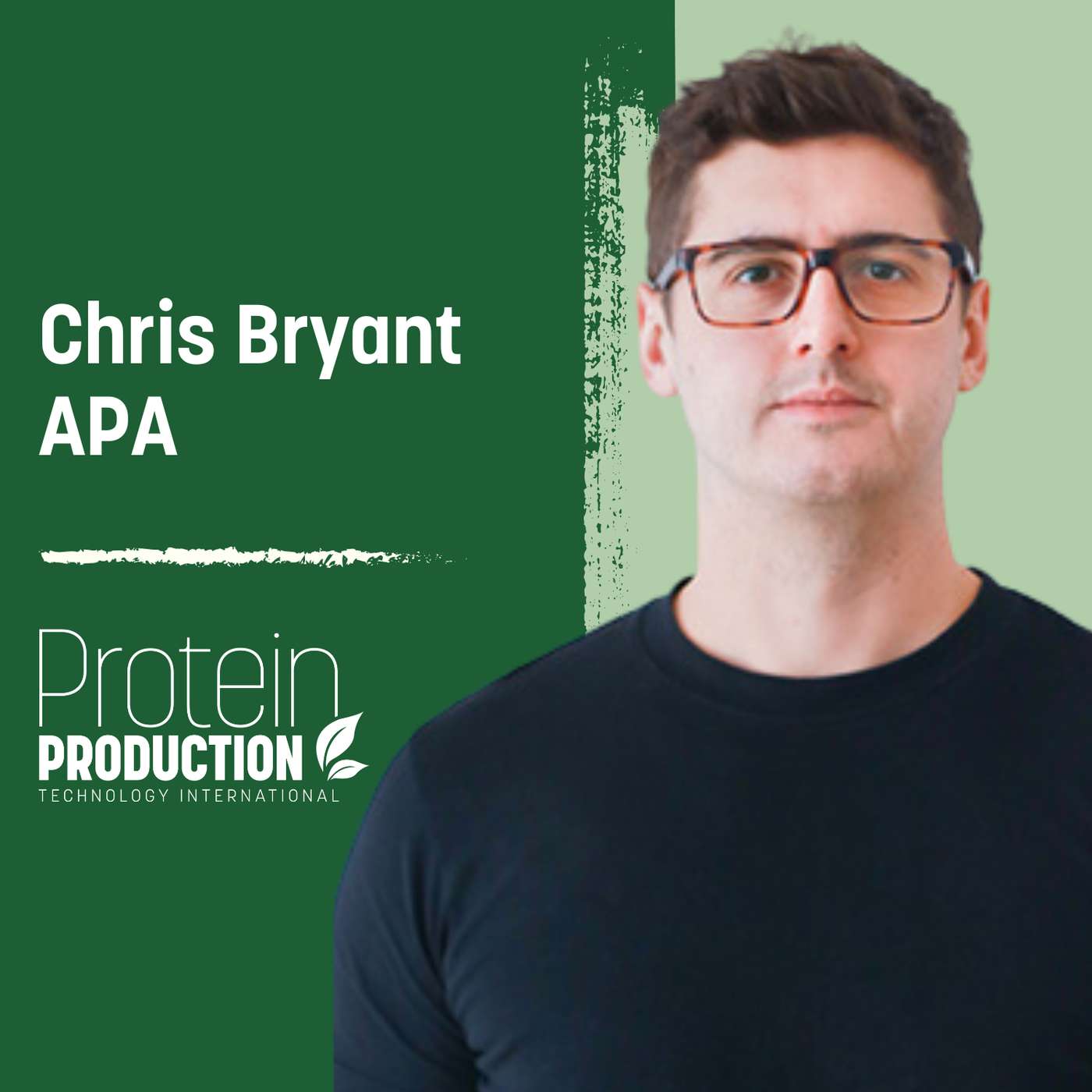
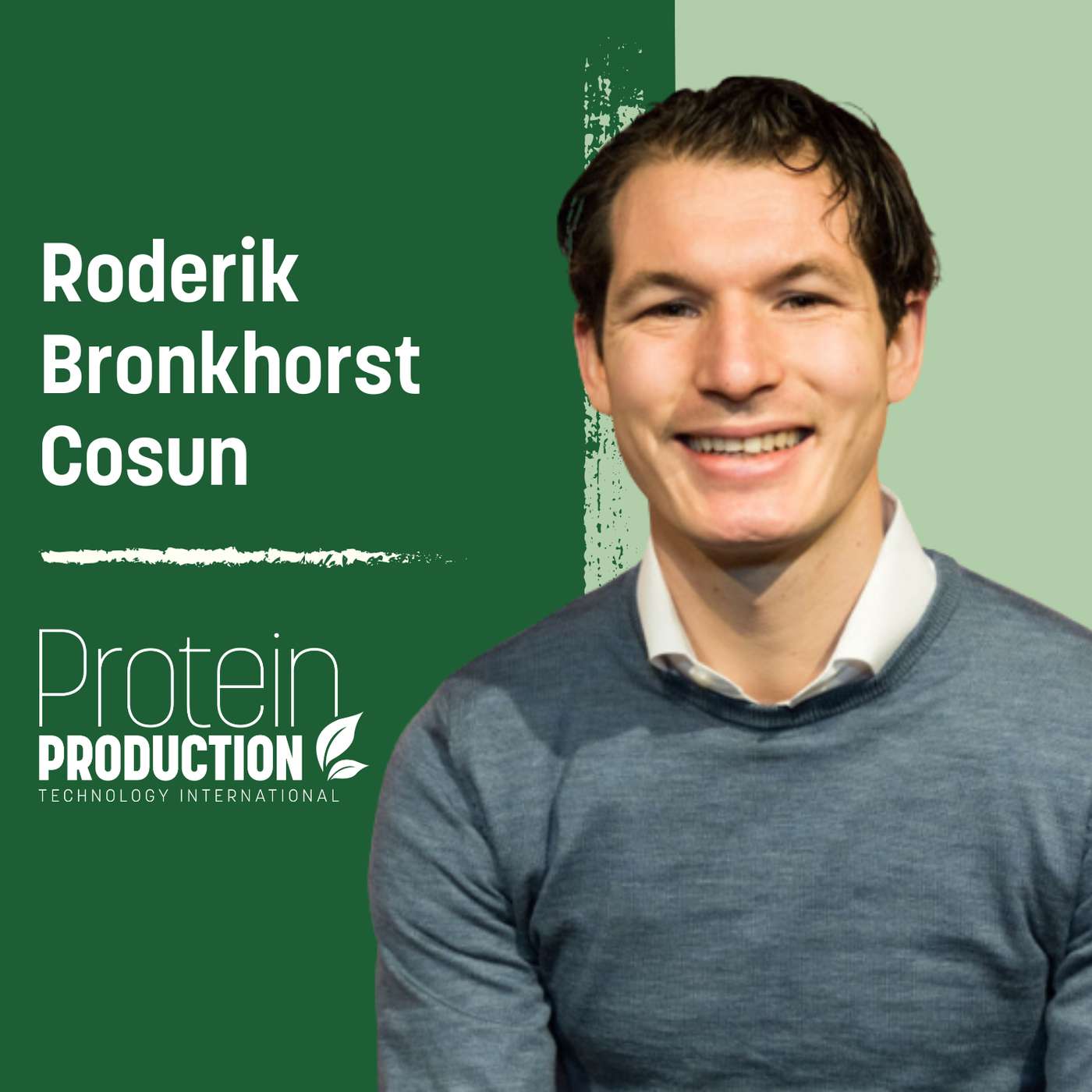

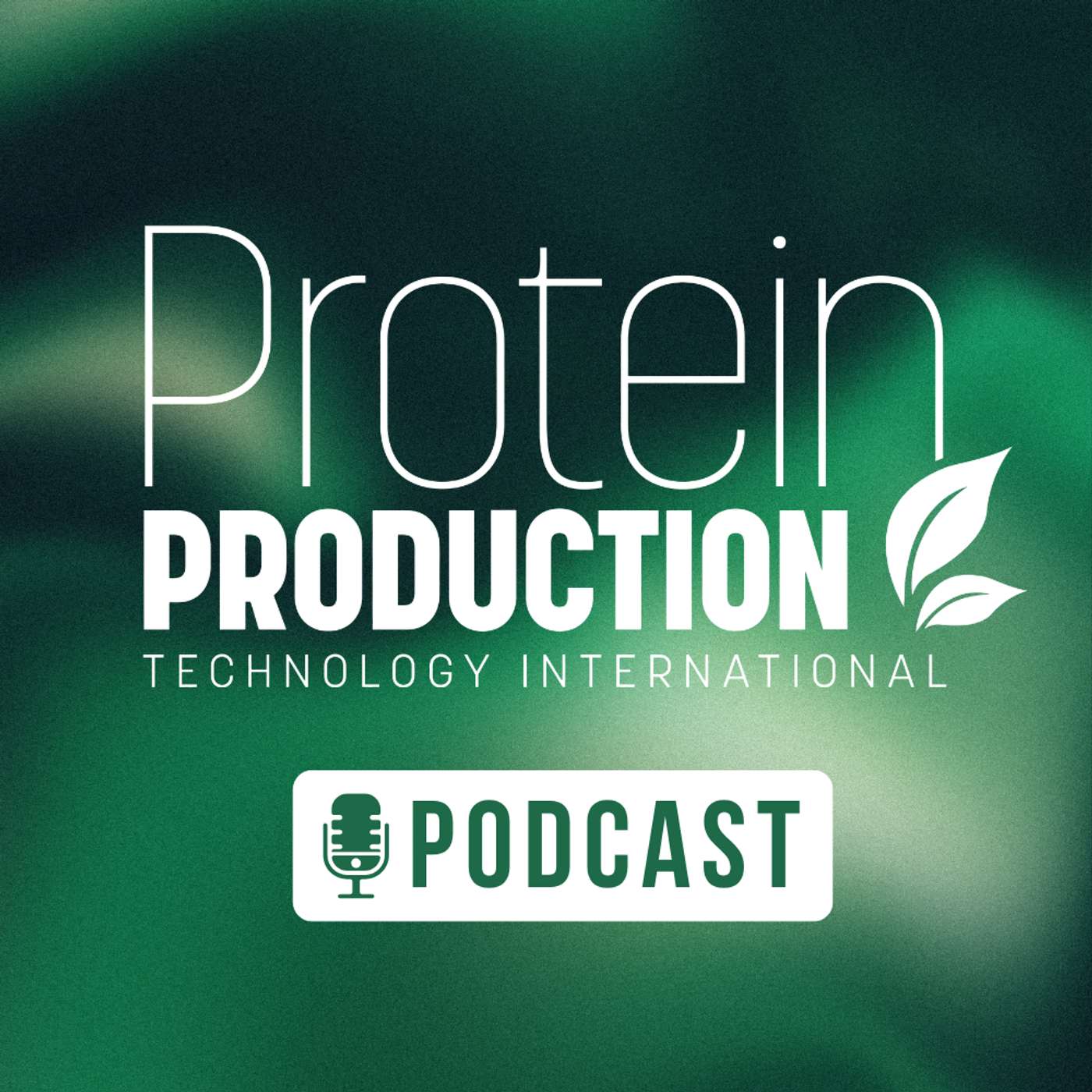
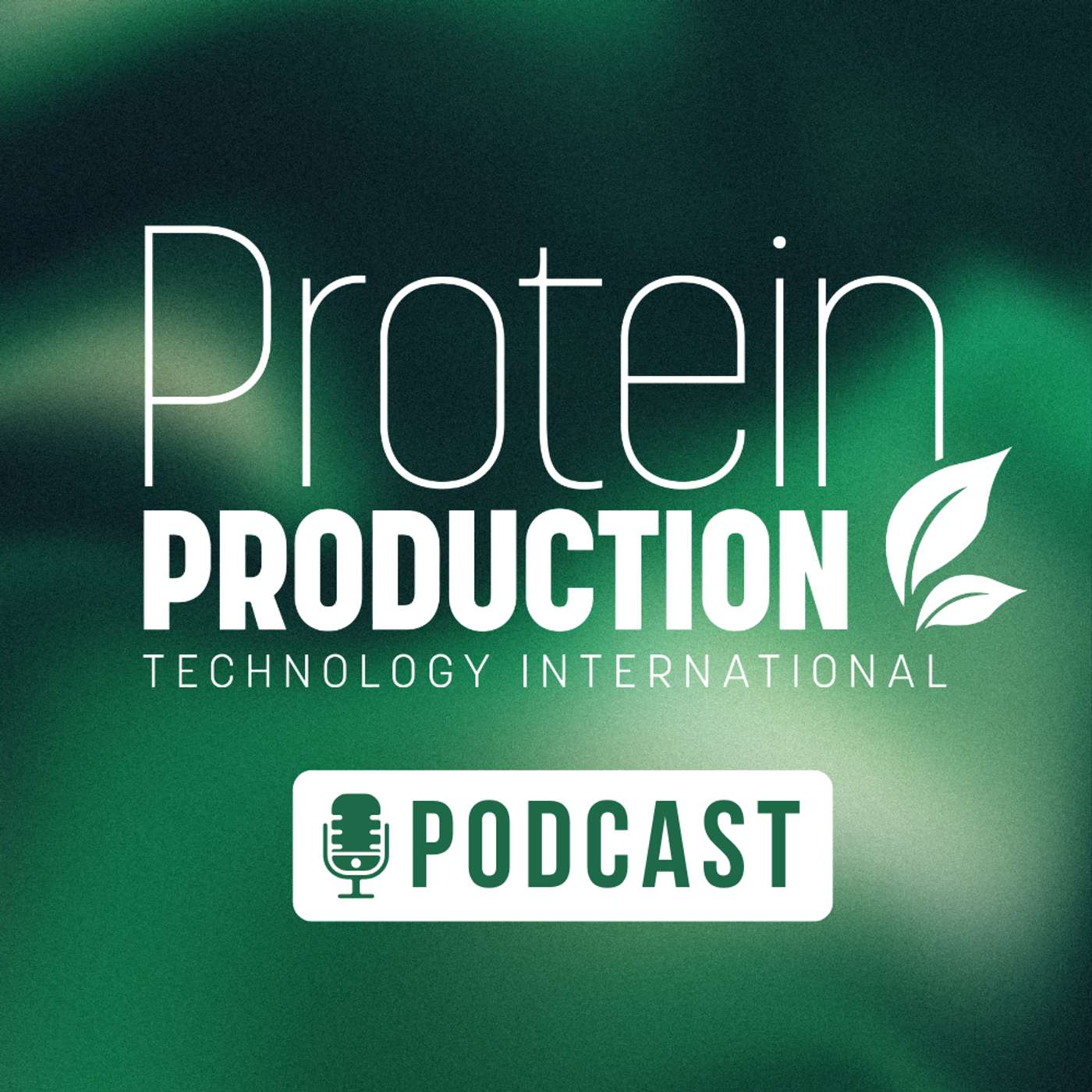
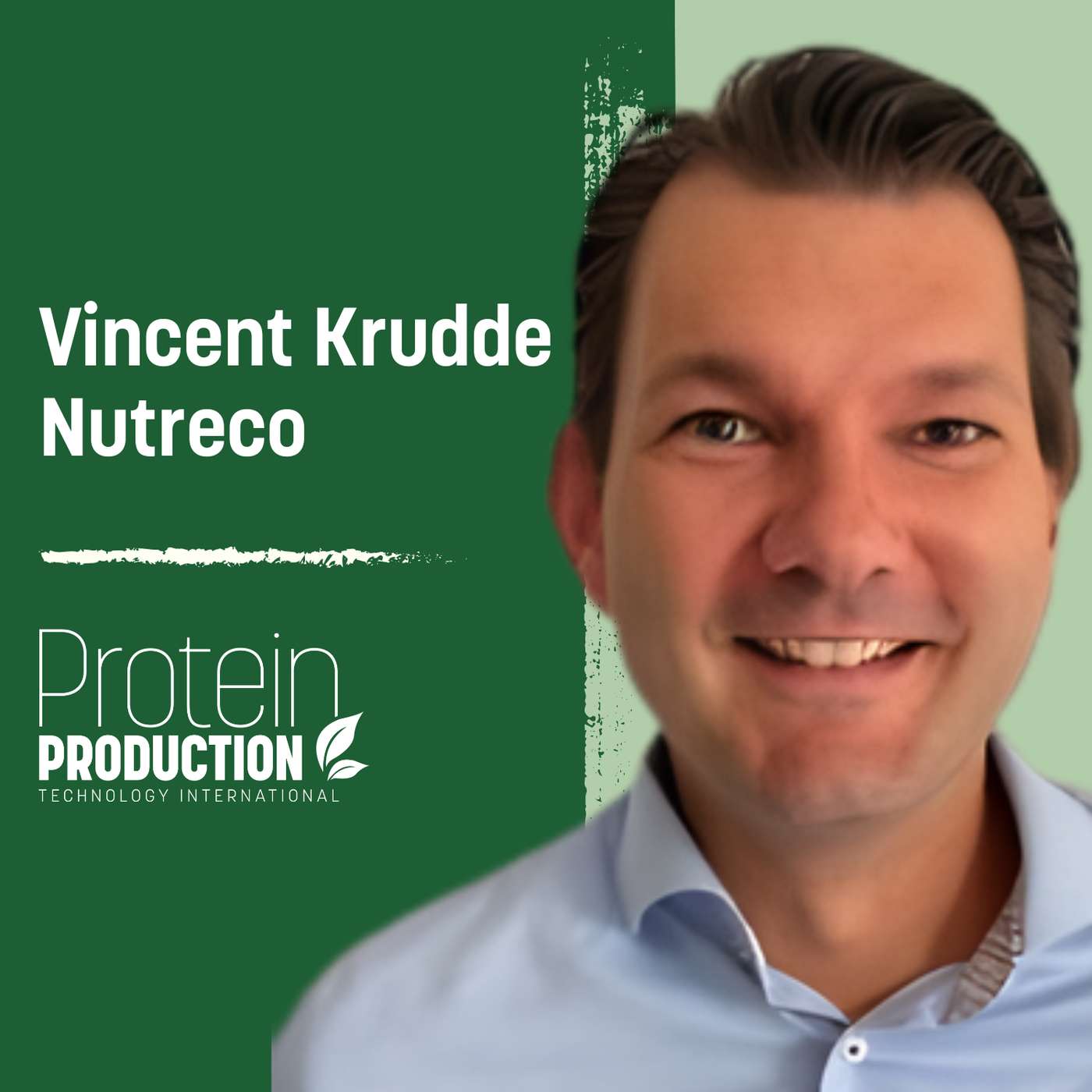
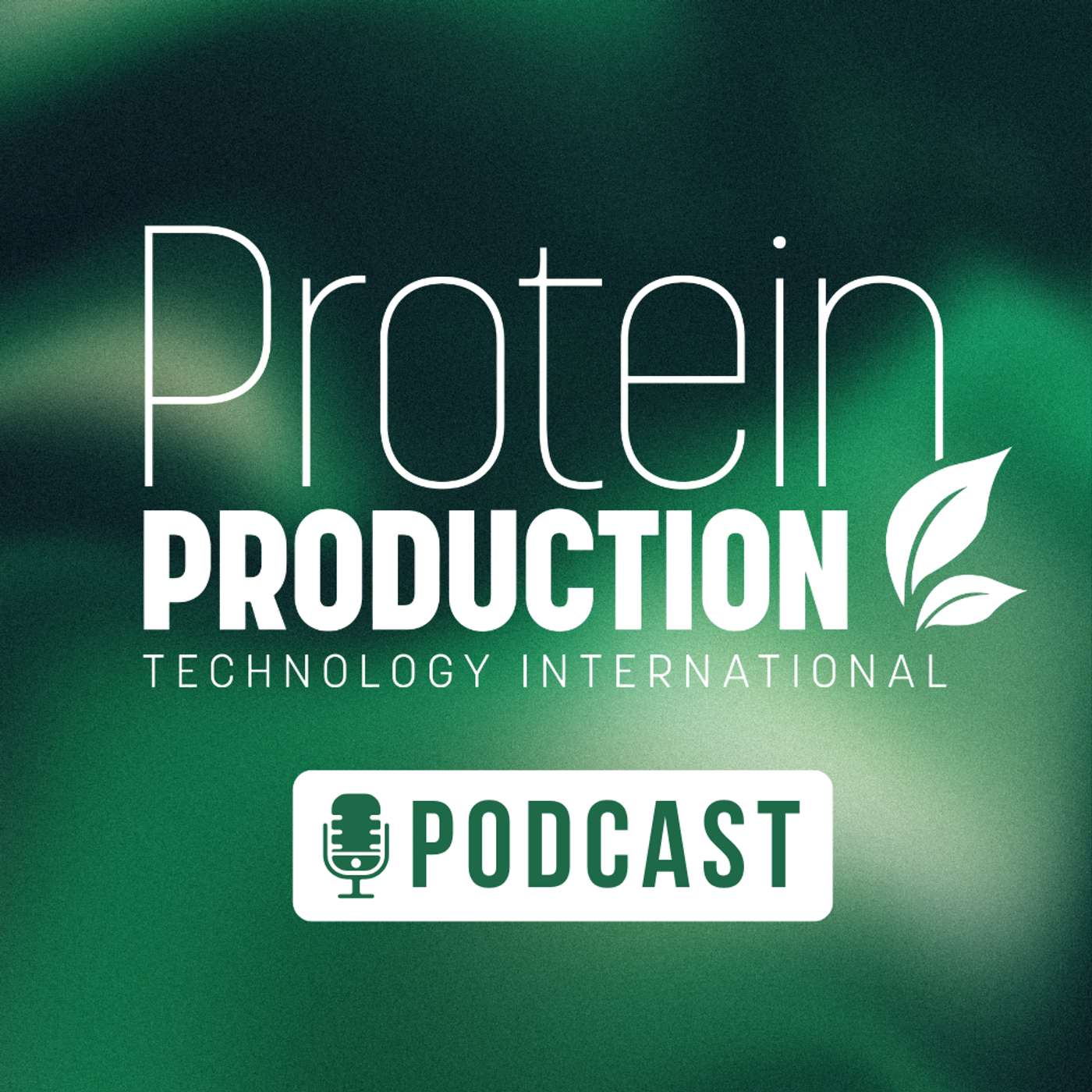
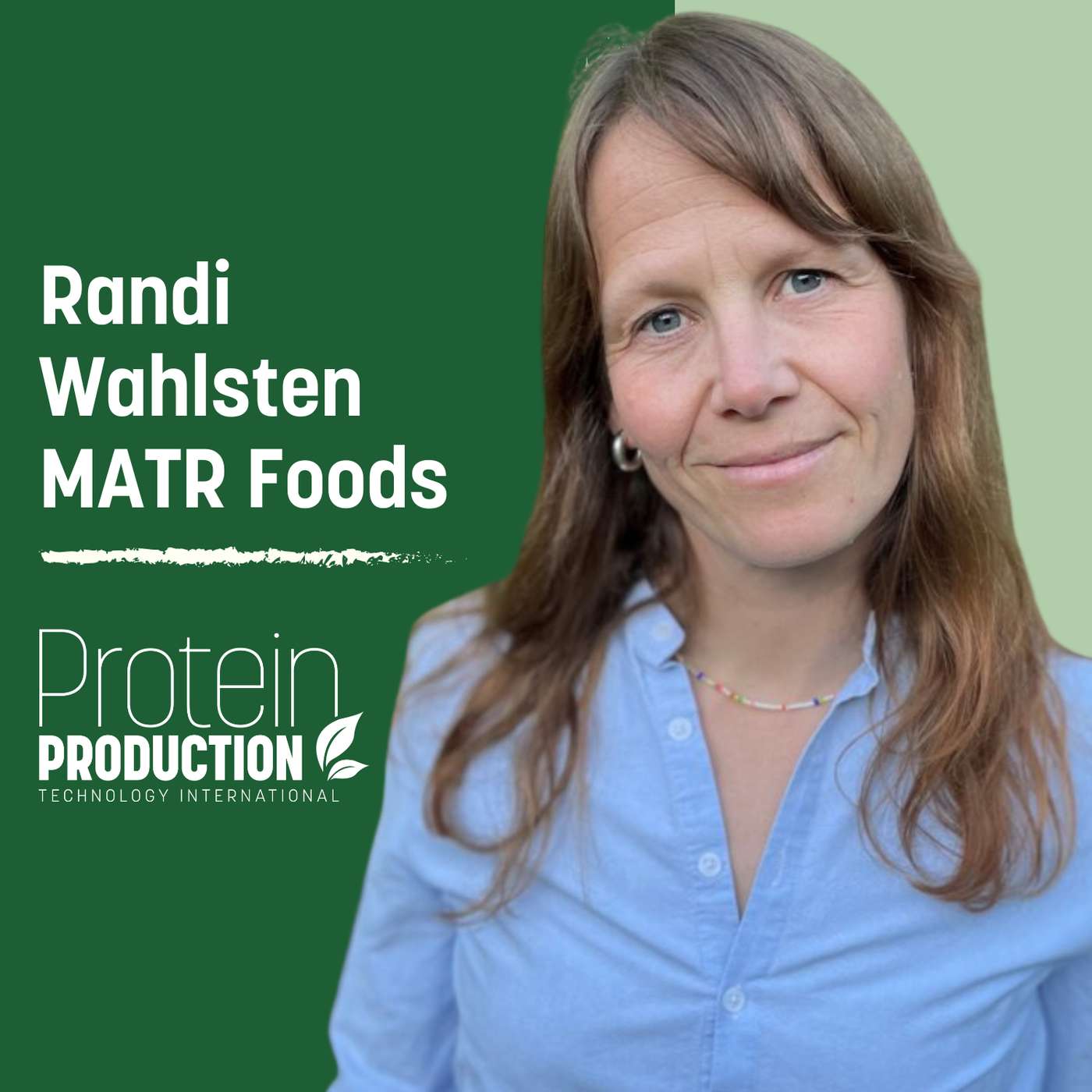



The information you shared is excellent. Protein is one of the essential nutrients our bodies need to function properly. It is made up of smaller building blocks called amino acids. There are 20 different amino acids, and our bodies can produce some of them, but we need to get others from the food we eat For more details visit here https://www.topessaywriting.org/samples/protein The amount of protein you need depends on factors like age, sex, and activity level. Generally, adults should aim for about 46-56 grams of protein per day.Protein is a vital nutrient that plays many roles in our bodies. Eating a balanced diet with a variety of protein sources can help keep you healthy and strong